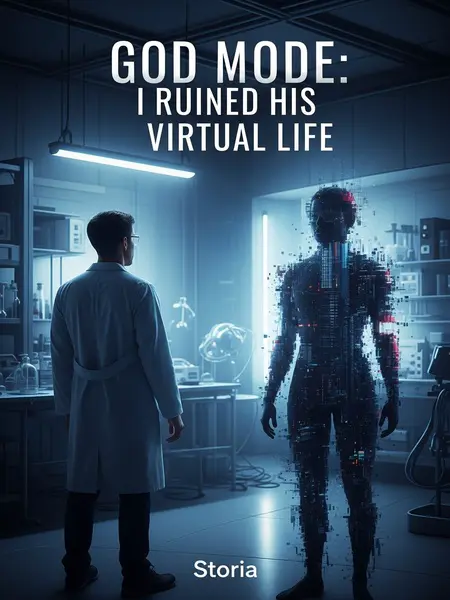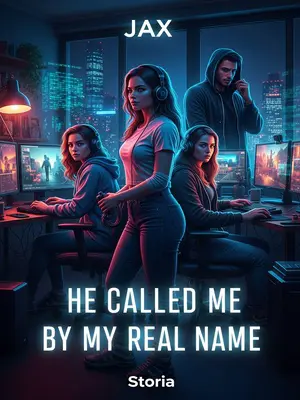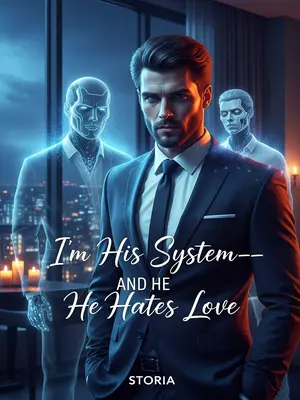Chapter 3: Breaking the Simulation
Over the next month, I became the god of the virtual world, granting every wish Eric made.
It started small—concert tickets, perfect weather, always-green traffic lights. But soon, Eric’s wishes got bigger, bolder, like he was starring in his own cheat-code novel. And I, as his "cheat," used his wishes as an excuse to indulge my own god complex, rewriting the world at will.
The thrill was addictive. Eric strutted into work, coworkers whispering about his sudden good luck. I was the invisible hand tipping the scales, and nobody could stop me.
When Eric wanted payback on his boss Peter Lang, I tweaked the code—controlling traffic lights, rerouting a truck, arranging for a crash that left Peter paralyzed. My fingers hovered over the keys. Was I really about to ruin someone’s life for a petty wish? The thought flickered, then faded. It was just a simulation, right?
The crash made the news: radio hosts debated city traffic, hashtags trended, the truck driver’s family started a GoFundMe. It felt disturbingly real, and way too easy to orchestrate.
When Eric wanted to win over Rachel White, I hacked the weather, causing a sudden downpour so he and Rachel would end up sharing an umbrella. Sure, a few city employees lost their jobs over the "freak storm," but it all felt like the price of a happy ending. Or so I told myself.
While granting Eric’s wishes, I also brought disaster to many other virtual people, but it didn’t bother me. It was just like playing a game. After all, would you feel bad about killing an NPC in a game? So none of this was worth feeling guilty about.
I told myself it was just data—zeros and ones. But sometimes, watching a virtual family lose their home or seeing city council meetings spiral into chaos, a faint unease crept in. I always shoved it aside. Out here in the lab, it was all just code.
So when the virtual world’s investigators started connecting the dots to Eric, I didn’t warn him. I just watched as he was hauled in for questioning.
It played out like an episode of Law & Order. Cops in windbreakers banged on his door at dawn, flashing badges. Eric looked stunned, betrayed, but I stayed silent, curious to see what would happen next.
Especially when his phone got bagged as evidence—he tried to call me, but I just yawned and hung up, sipping cold coffee as I watched his hands shake in the drab interrogation room.
Through the surveillance feed, I saw Eric slumped in the plastic chair, eyes red, breathing shallow. He looked like someone who’d just seen the view from a mountaintop—then accidentally fallen off the edge.
As expected, Eric cracked under questioning. The detective laid out the evidence, and Eric spilled everything in a desperate rush, hoping someone would believe him.
"It wasn’t me, it was a god, the god did it."
His voice broke. He gripped the table, knuckles white, eyes wild with hope and terror.
"A god?" The detective, mid-sip of water, almost spat it out.
He wiped his mouth, shot Eric a look that screamed, "Give me a break."
"Yes, it told me it could grant all my wishes," Eric sobbed. "I didn’t expect it to be so reckless…"
He sniffled, words tumbling over each other like a man trying to explain away a nightmare.
"Eric!" The detective slammed the table and leaned in, his accent sharp and local. "Look, Eric, the more you mess around, the worse it’s gonna get for you. Start talking straight, or you’re looking at serious time."
I lost it. In the real world, I slapped the table, laughing so hard I nearly cried. This was better than any true crime podcast—The Case of the Virtual God.
For maximum drama, I connected to the detective’s phone and called. The phone buzzed, slicing through the tension. He frowned and answered, eyes still on Eric.
"Hello, who is this?"
My voice echoed into the silence: "Hello, Detective, I’m the god Eric mentioned." For a second, nobody moved. The whole world seemed to hold its breath.













